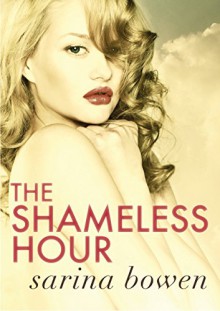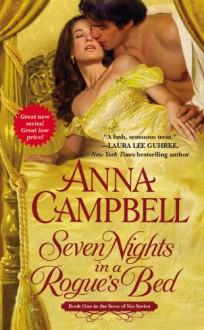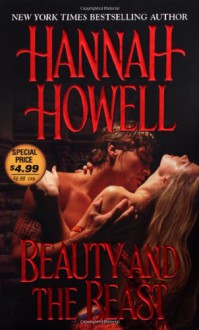
I'm kinda in love with this book. I devoured Sarina Bowen's Ivy Years series last November, and then her Gravity series in January, and I liked them all quite a bit, but I loved "The Shameless Hour." I loved the way it explores sexual politics and double standards and shame and purity and commitment and class divisions without being preachy or judgey, subtly enough that the message (while obvious) doesn't detract from the story, which is wonderful.
Rafe and Bella are both students at Connecticut's Harkness College (a fictional Ivy League institution modeled after Bowen's alma mater, Yale). They come from radically different backgrounds. Rafe is a Dominican-American who grew up in Washington Heights in NYC, working in the family restaurant. He is the only child of a teenage single mom, and he's been raised to know the consequences of getting a girl in trouble. Consequently, he's made it to his sophomore year in college without losing his virginity.
Bella is a senior at Harkness, student manager of the hockey team, and like Susan Sarandon's character in Bull Durham, Bella considers sleeping with hockey players to be one of the perks of her position. She enjoys sex and makes no apologies for it. Like Rafe, she's also from NYC, but she's never even been to his neighborhood. She's the daughter of a real estate developer, and her family thinks nothing of buying whole tables at $1,000/plate fundraisers and vacationing in the Hamptons, and they're paying Bella's school fees even though they barely speak to her.
Bowen's books are told in alternating narratives from the two main characters, and at the start of the story, Rafe is preparing for the big night with his girlfriend, Alison, where by prearrangement, and after more than a year of dating, they've agreed to turn in their V-cards. The date doesn't go as Rafe plans, though, and he finds himself drowning his sorrows in champagne with Bella instead of with Alison. He is disappointed enough, and just drunk enough (though by no means sloppily so), to accept Bella's invitation to bed, but in the morning second thoughts consume him.
It's important to note (and it's one of the best things about this book) that while Rafe feels guilt and shame about the hook-up, he never blames or judges Bella for it. Later in the book, Bella tells him:
"You're just not comfortable with my sex life. You're shaming me."
"No!" he protested immediately. The anger in his eyes startled me. "I think you're amazing, and I've said so every chance I get. Don't put words in my mouth. I never said your way was wrong. It's just wrong for me."
Rafe's shame stems from the fact that he has standards for himself about commitment and respect and sex, and he has fallen short of them in a moment of personal weakness -- but he has no problem with the fact that others don't share his same code. He doesn't judge Bella or begrudge her experience, but he knows that they can't have a relationship because they wouldn't be playing by the same rules.
Overcome by his regrets, Rafe sneaks out of Bella's room after their hookup in the wee small hours. (He is in all other respects an extremely sensitive and upstanding guy, so such a dick move is out of character for him and understandable only because of his own personal torment. Also, much as I think this move was out of character for Rafe, it saves him from being a Gary Stu. He's really a darling hero: sensitive, funny, vulnerable, romantic, feminist, the kind of guy who even does his own mending and cleaning. He'd have been too good if not for this monumental mistake to humanize him.) Then, because of his embarrassment and tongue-tied-ness, Rafe compounds this initial mistake of leaving by avoiding Bella for the next few weeks. She understandably but mistakenly interprets his distance as judgement of her, and she keeps her distance as well.
They might never have spoken again, except then something very, very bad happens to Bella. It's a major plot point, so I don't want to spoil it, but I do want to warn that, while it's not rape, it's bad enough that it might be triggering for some readers. In the aftermath, Bella is scared and depressed, humiliated and shamed, and though they are only casually acquainted, Rafe happens to be the one to help pull her out of this dark place. (As he puts it, "You're not okay. And I'm the one who noticed.")
I really enjoyed that, while Rafe takes care of Bella in the aftermath, he doesn't rescue her. He takes some of the weight off her shoulders by bringing her a few meals and keeping her company, but he knows he can't fix this for her. He makes her go running -- but she does the work. He has her back, but she speaks up with her own voice. Her vengeance, when it comes, is sweet, and it is hers: Her plan, her execution, and her reward. (Sorry if this sounds vague--I'm trying to avoid spoilers.)
Anyway, not only is this an entertaining and satisfying book with a strong romance, it's an important read that deals with weighty issues in a compelling, nuanced, and wonderfully sex-positive way, and I hope lots and lots of LOTS of people read it, because it's awesome.

 Log in with Facebook
Log in with Facebook 








